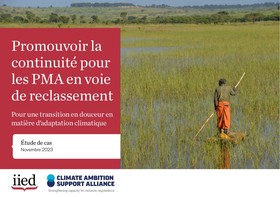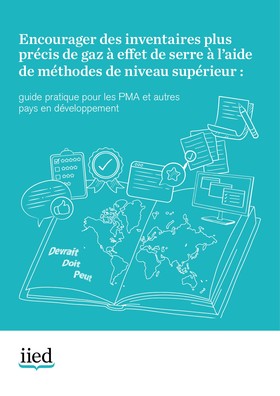Inclusion Matters : The Foundation for Shared Prosperity
Today, the world is at a conjuncture where issues of exclusion and inclusion are assuming new significance for both developed and developing countries. The imperative for social inclusion has blurred the distinction between these two stylized poles of development. Countries that used to be referred to as developed are grappling with issues of exclusion and inclusion perhaps more intensely today than they did a decade ago. And countries previously called developing are grappling with both old issues and new forms of exclusion thrown up by growth.






